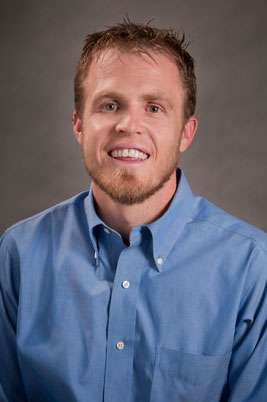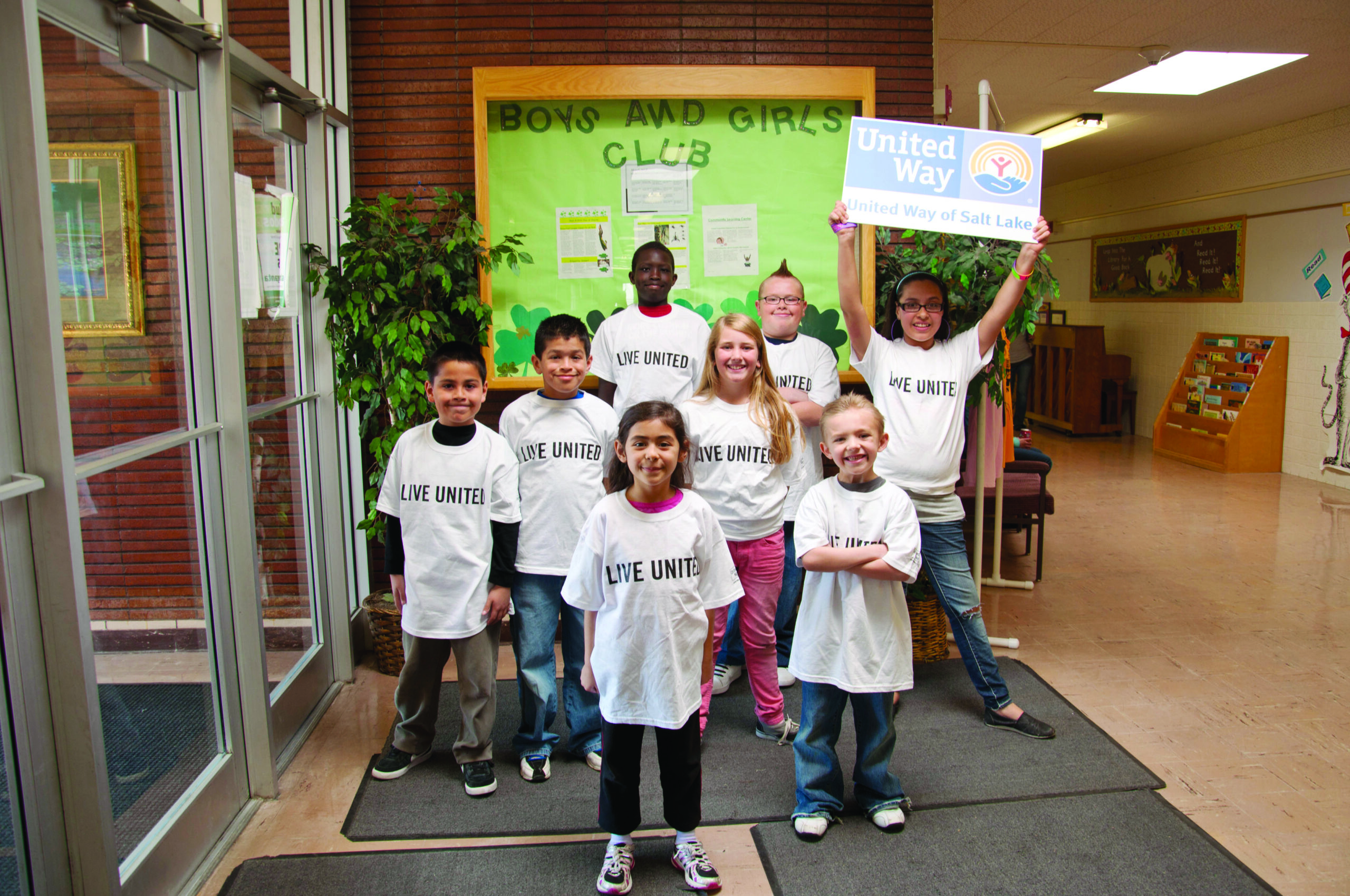
Community Collaborations Director
As most of you know, United Way of Salt Lake is committed to achieving a new level of impact and progress for the children and families that live in the neighborhoods we are targeting. We know, both from intuition and research, that despite decades of investment in great organizations offering great services, not much has really changed. Dropout rates remain high, health disparities continue to exist, employment rates (and lack thereof) remain the same, and social mobility is stagnant. This is what we are committed to changing at United Way of Salt Lake, and we believe the only way to do it is through Collective Impact–aligning all the efforts of all the different organizations that do amazing work in our communities.
But, we also need to be committed to measurement; we need to know exactly where we are starting from and exactly what it is we are hoping to change. For example, how can we increase the number of people who have a regular place for healthcare (other than the ER) if we don’t know that rate currently? Or how can we increase the number of people reading to their children for 30 minutes daily if we don’t know who is doing that now?
As I am sure you can imagine, this kind of information is not easy to come by. There is no existing information for these indicators specific to our neighborhoods; places like Kearns, Park City, South Salt Lake, or West Valley. No one else is measuring who is reading to their children and for how long, which means that the United Way of Salt Lake, as a backbone organization to our partners, must take this on.
And just how are we doing that? We are taking advantage of back to school processes and events to ask families, anonymously, to share this information with us. So, we have been busy over the last few weeks and months collaborating with all of our Community Learning Center schools to incorporate a family baseline survey into their registration materials and encourage high rates of return.
Being committed to large scale social change means a lot of things. For one, it means working together with a comprehensive set of partners in a way that hasn’t been done before: committing to ongoing collaboration that is challenging in the best of times, let alone when times get tough. But, working towards real change also means holding ourselves accountable to the results. It is not enough to just do “good” work; we need to know if our efforts are actually paying off. To do this, we need to measure our impact. So, rather than avoiding the data that might tell us we’re coming up short, we are chasing it down. Join us!

